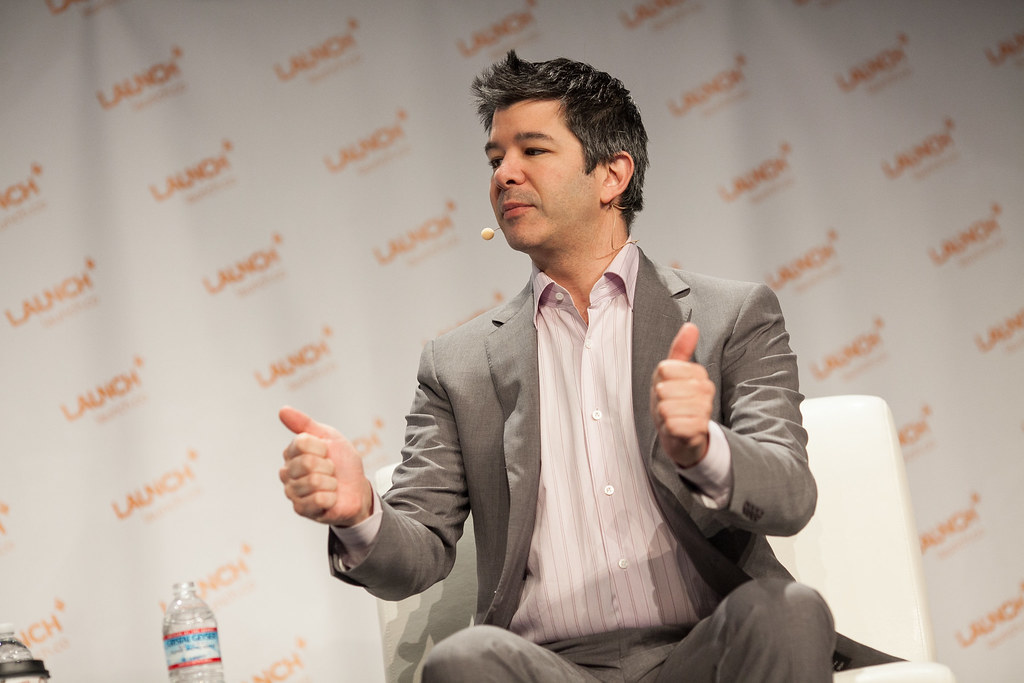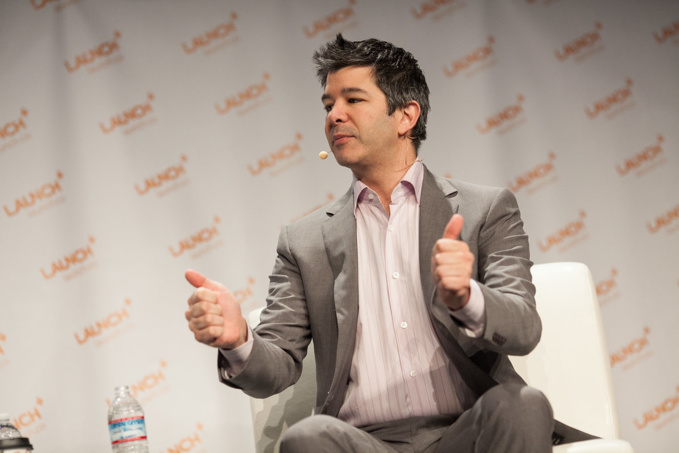Travis Kalanick (No. 298 in the ranking of the richest people in the world, with a fortune of $ 5.8 billion) became one of the investors of the Habitas startup. This company plans to expand its network of hotels built using 3D printing, and has already raised $ 20 million, writes the Financial Times.
Kalanick invested in the startup through his investment fund called 10100 Fund. In addition to him, funds for Habitas were provided by Tim Steiner, CEO of Ocado online supermarket and others.
Habitas was originally created as a company that organizes events. According to the startup co-founder Oliver Ripley, he spent six months creating a base of investors who will also advise the company as the hotel chain expands.
Ripley expects the company to have eight hotels by the end of the year. At the same time, a hotel in Namibia should open in February. In the future, Habitas is going to open from 10 to 12 hotels a year. Ripley recently visited Bhutan and Saudi Arabia to explore places suitable for hotel accommodation.
Habitas hotel rates range from $ 200 to $ 400 per night. According to Ripley, the company's hotels are focused on millennial tourists who care about the atmosphere rather than the beautiful picture. Describing a vacation in such hotels, Ripley compares a stay in Habitas with a vacation in the French chain of resorts Club Med.
In Mexico, Habitas is building hotel rooms using 3D printing technology. The company delivers ready-made designs immediately to where tourists will live in them. “We collect them like Lego,” Ripley explained, adding that Habitas could produce about 100 numbers a month.
Katerra, a softbank-backed modular enclosure, uses similar technology. Using 3D printing allows building hotels in six to nine months. Thus, the return on investment in the creation of Habitas hotels can be obtained within two years, which is much faster than in the case of most traditional hotels, explained Ripley. He did not rule out that in the future, Habitas could engage in franchising or the construction of social housing.
source: forbes.com
Kalanick invested in the startup through his investment fund called 10100 Fund. In addition to him, funds for Habitas were provided by Tim Steiner, CEO of Ocado online supermarket and others.
Habitas was originally created as a company that organizes events. According to the startup co-founder Oliver Ripley, he spent six months creating a base of investors who will also advise the company as the hotel chain expands.
Ripley expects the company to have eight hotels by the end of the year. At the same time, a hotel in Namibia should open in February. In the future, Habitas is going to open from 10 to 12 hotels a year. Ripley recently visited Bhutan and Saudi Arabia to explore places suitable for hotel accommodation.
Habitas hotel rates range from $ 200 to $ 400 per night. According to Ripley, the company's hotels are focused on millennial tourists who care about the atmosphere rather than the beautiful picture. Describing a vacation in such hotels, Ripley compares a stay in Habitas with a vacation in the French chain of resorts Club Med.
In Mexico, Habitas is building hotel rooms using 3D printing technology. The company delivers ready-made designs immediately to where tourists will live in them. “We collect them like Lego,” Ripley explained, adding that Habitas could produce about 100 numbers a month.
Katerra, a softbank-backed modular enclosure, uses similar technology. Using 3D printing allows building hotels in six to nine months. Thus, the return on investment in the creation of Habitas hotels can be obtained within two years, which is much faster than in the case of most traditional hotels, explained Ripley. He did not rule out that in the future, Habitas could engage in franchising or the construction of social housing.
source: forbes.com



















